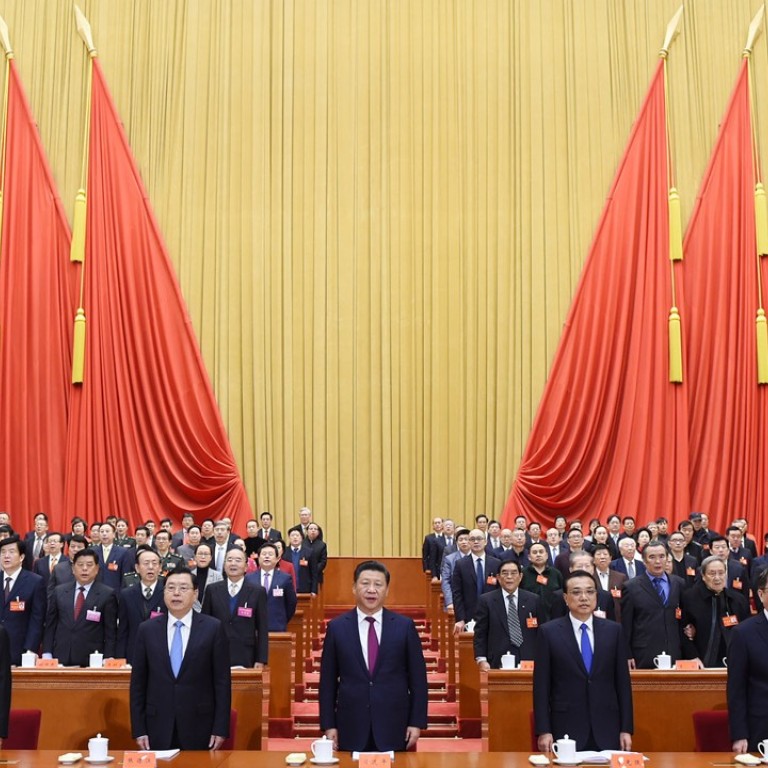
Focus on performance and stop obsessing over promotions, Chinese officials warned as party congress nears
Commitment to serving the party more important than the pursuit of personal goals, official commentary says
As the countdown begins to China’s 19th party congress, Communist Party officials across the country have been told to stay focused on their performance rather than obsess over the possibility of a promotion.
According to a signed commentary in Thursday’s edition of People’s Daily, officials should not make scaling the party ranks their “highest pursuit”. Such behaviour was leading officials to become indolent and “slack”, the article said.
“One reason why some officials are inactive is that they put too much emphasis on their position and ... only work hard [if they can see it gaining them] a promotion. Otherwise they just ... slack off,” it said.
The stern warning came just months ahead of a key party congress which will see a major reshuffle of the party’s elite. Positions on the Central Committee, Politburo and its Standing Committee – the country’s highest decision-making body – are all up for grabs as President Xi Jinping prepares for a second term in charge.
In preparation for the congress, many lower level reshuffles within government and party organisations have already taken place. As a result, many of Xi’s most loyal supporters, along with associates of his closest allies, have been placed on the fast track for promotion and are now poised to enter the Central Committee or even the Politburo.
The commentary also made clear that there cannot be promotions for everyone, as “in reality, leadership positions are always limited in number.”
“There are rigid rules on the number of positions in each organisation, and the higher the level is, the fewer leadership posts there are,” it said. “If [cadres’] eyes are always set on their position, it is unavoidable that they’ll reach a ‘ceiling’ and become frustrated or upset.”
The problem of officials’ “slackness” as highlighted by the article is one Beijing has been keen to tackle in recent years. Since the launch of a sweeping crackdown on corruption almost five years ago, many officials have been spooked into doing nothing rather than risk being caught doing the wrong thing.
Such inaction, however, has slowed the implementation of central government policy directives, which has been a major concern for Beijing as seeks to push through its various reform policies.
After Premier Li Keqiang – while presenting his annual government work report in March 2015 – accused officials of being “slack”, several local governments introduced new rules to combat indolence. Six months later, Xinhua reported that 249 officials had been punished for offences such as failing to spend government funds, delaying projects and sitting on land earmarked for development.
Thursday’s commentary was a clear reminder that Beijing is still adamant that officials should toe the line and do their utmost to help deliver central party policy.
Meanwhile, the article also called for wider use of social media programs such as WeChat and DingTalk by local governments to help them keep better tabs on their subordinates and monitor their performance.
It gave the example of how the Hainan government managed to get 98 per cent of its local cadres to watch its television programmes on poverty alleviation by telling them to do so via DingTalk, a communication app designed primarily for use in offices. The software was developed by Alibaba Group, which also owns the South China Morning Post.

